Ep1. Why did you chose 'UAE'?
In December 2023, I left for the UAE (United Arab Emirates) with nothing but two suitcases as big as my body. I often get asked why I chose an Arab country—where I had no connections at all—as the very first place for a long-term stay abroad.
Why did it have to be the Arab world?
Why did I feel the need to escape reality?
When I first started running my extracurricular activities blog, I wrote a year-end reflection post that resonated with many people and received a lot of love. It even gained significant attention on LinkedIn. Today, I want to share that story here as well. Because this is the most important story—the one that explains why I love the Middle East so deeply, and why it had to be the Middle East.
After returning from the UAE, I suddenly found myself feeling how quickly life in Seoul—started so recklessly—was rushing by. When snow falls on the streets and Christmas trees sparkle on every corner, I suppose anyone would feel the same way.
Today, I want to write honestly about my story. I called it an “end-of-year reflection,” but in truth, it’s less a reflection and more a piece about me as a person.
My first overseas stay—and my first long-term residence abroad—was in the UAE. People always ask me why I chose a Middle Eastern country, one with which I had no ties at all. By now, I’ve grown used to that question. But around this time last year, I was at rock bottom—physically and mentally.
It was the result of many different factors piling up, but if I had to sum it up in a single phrase, it would be: “Why live at all?”
I worked so hard, pushed myself endlessly, yet the harder I tried, the worse the results seemed to be. Even my first attempt at living on my own was plagued with miserable problems.
For example, part of one wall in my room was soaked and had to be stripped bare for two weeks. On top of that, my bathroom drain clogged constantly, flooding the floor no matter how often I cleaned it—forcing me into daily battles with it.
They say misfortunes come in clusters, and that couldn’t have been more true for me.
My family moved to a new house as well, but the new place was riddled with issues, leaving me without any space that gave me peace of mind. Add to that the full isolation of the COVID lockdowns… it felt like living in hell.
I tried to keep myself afloat with optimism—working hard in my classes, winning scholarships, throwing myself into schoolwork. But the emptiness never went away. I often felt a sense of futility, as if none of it mattered.
The harder I worked, the more hollow I felt. The college life I had once imagined drifted further and further out of reach under the weight of COVID. I didn’t even get the chance to make friends my own age.
Even the friendships I had before entering college began to unravel around this time. Looking back, I don’t think it was my fault. If the same thing happened now, I would probably just cut ties and move on. But back then, it was my very first year of college, and with everything going on, making new friends felt impossible.
In the end, to fill the void inside me, I tried many different things. Along the way, I cut ties with anyone who tore me down with negative words. Inevitably, I became isolated.
There was one friend I had grown close to, even though we attended different schools. But at that time, they were going through their own hardships. Both of us were at the brink of collapse.
Now, we don’t keep in touch. Looking back, I think we drifted apart simply because neither of us had the emotional capacity to support the other during our worst times.
At first, I tried to overcome all these terrible circumstances with positive thinking. But after nearly two years of forcing myself to laugh and act like a clown, my body and mind were completely torn apart. I felt like a rag—shredded and worthless.
Before taking a leave of absence, during finals week, everything I had been holding in exploded at once. And yet, I still sat there studying, desperate to hold onto my scholarship. I cried while studying, cried while going to the gym. In hindsight, I was already deeply depressed, but I told myself I was fine—I was just “enduring.”
Eventually, I reached my limit.
Everything felt miserable. I wanted to die. No matter how hard I tried, nothing improved. Nothing around me got better.
I began to think: Maybe if I died, things would finally improve.
I had always thought of myself as optimistic, mentally strong. But even self-delusion has its limits. I wished I could die—whether by starving or wasting away. Anything felt better than the misery of crying myself to sleep every day.
Before leaving for the UAE, I lay in bed, crying, overwhelmed by thoughts of death. And then, suddenly, a thought crossed my mind: If I really wanted to die, why wasn’t I doing it right now? Why wasn’t I jumping off somewhere?
The truth was, I was afraid. Terrified.
Yes, I was a coward—too afraid to die.
And if I wasn’t going to die, then how was I going to survive this miserable life? As much as I didn’t want to, I began retracing the series of events that had led me here.
After a sleepless night, I came to a conclusion: I had to face my problems head-on. I was already at rock bottom. Even if I failed, I had nothing to lose.
That’s when I chose the UAE.
The reason was simple. Nobody there would know me. There was virtually zero chance—maybe one percent—that I’d run into anyone who did. So, without roaming service, with nothing but two massive suitcases, I left.
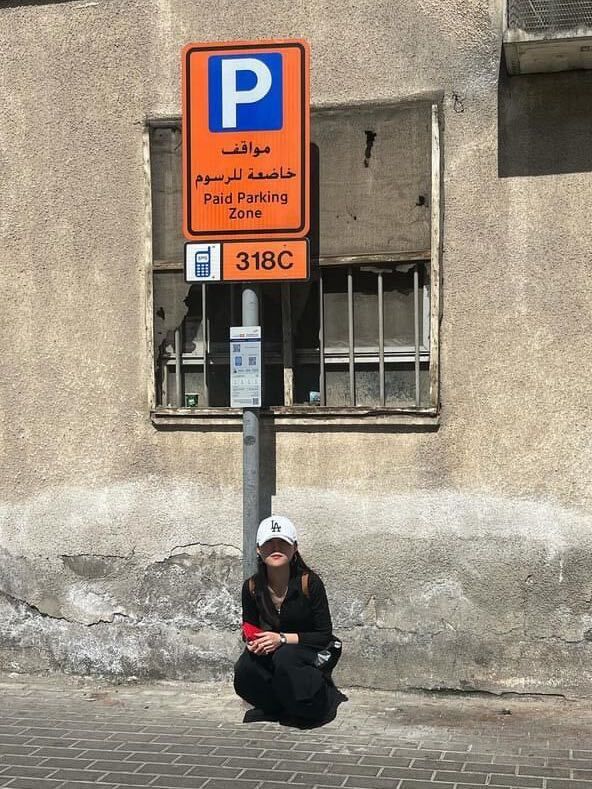
Yes, I chose to escape reality. Because isn’t that better than choosing death?
Thus began my first life abroad—without plans, without preparation.
For three months, I didn’t keep in touch with anyone back in Korea.
It might sound like an excuse… and to some extent, it actually was. But since I didn’t set up roaming, I couldn’t use messenger apps without Wi-Fi, and making international calls was obviously impossible. So in a way, I naturally ended up with a perfect excuse not to keep in touch (laughs).
In the time I had outside of studying, I met a lot of people.
I grew close with my classmates at the language institute, and while riding the metro around the city to explore. Since I was on a language program and didn’t have much extra money, I started cooking meals instead of eating out. Through that, I naturally became close with my roommates as well.
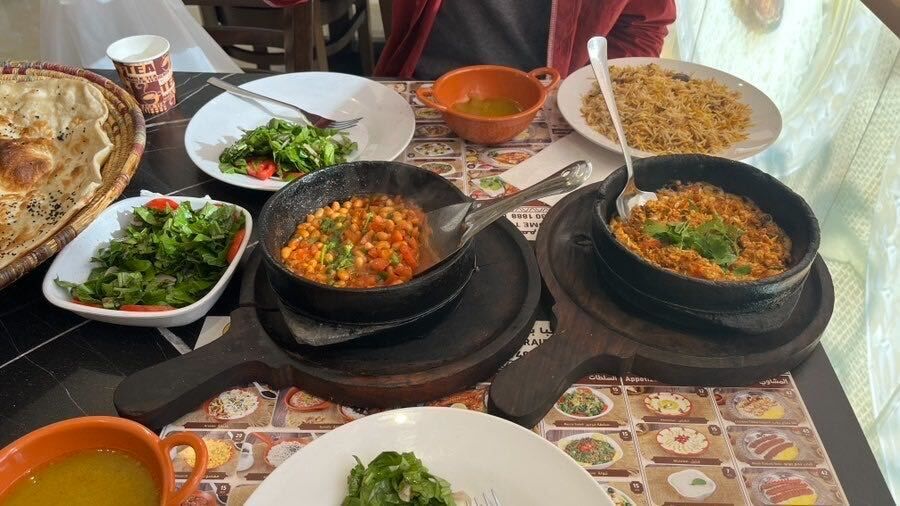
On weekends, when I didn’t have classes, I would bake cookies or make cakes and share them with my friends.
We laughed and chatted without a care as we enjoyed them together, and though I had been here for less than a month, I found myself smiling far more often.
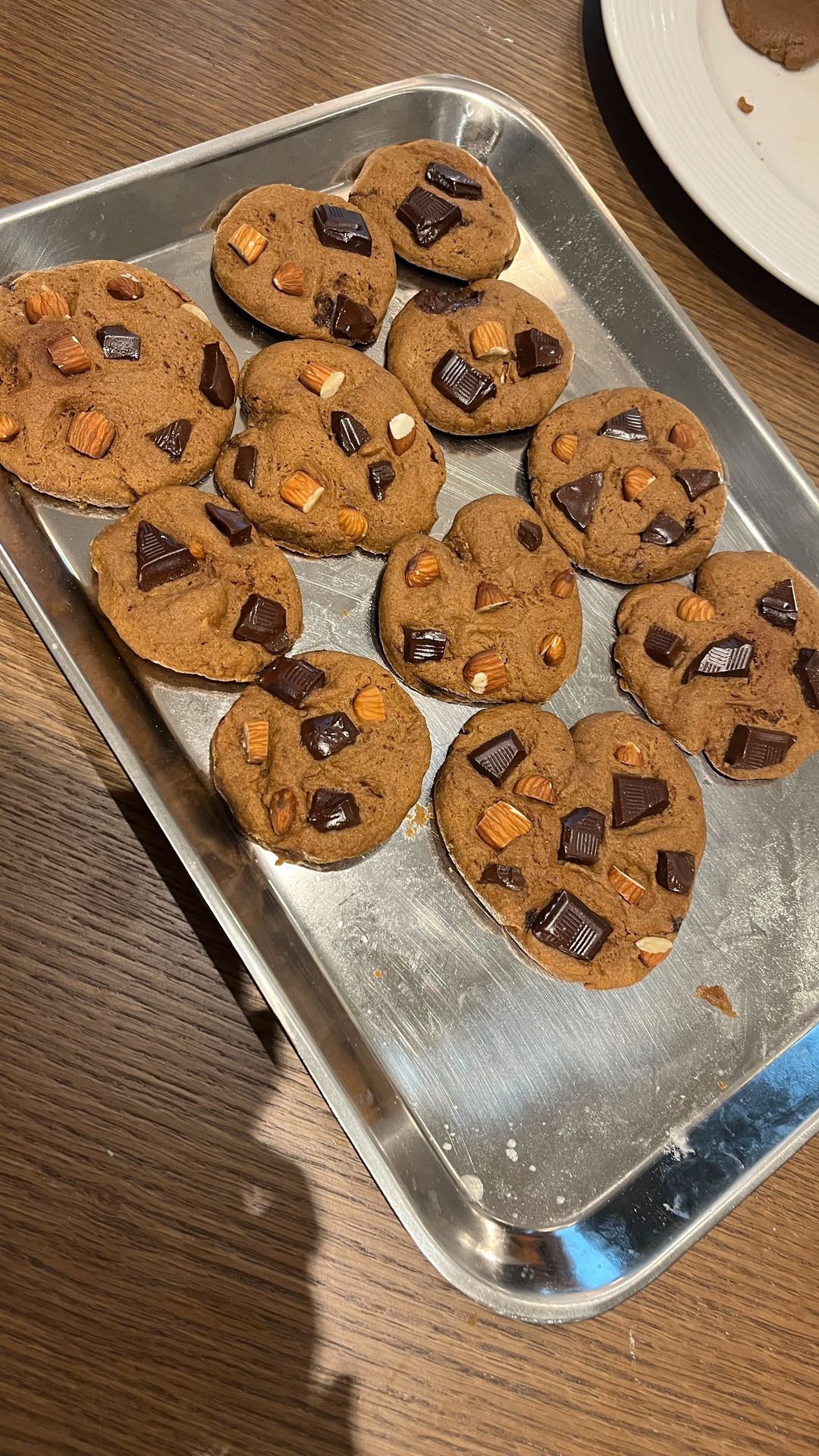
Of course, I had been constantly reflecting on the causes of my problems, trying to find solutions, and doing everything I possibly could. So in a way, the changes I experienced were only natural.
Still, adapting to life abroad wasn’t easy for someone like me, who had come with nothing but my own body and no prior knowledge of this place. If I had a lot of overseas experience, it might have been different. But as a complete beginner who suddenly ended up in a country with hardly any Koreans, the struggle was inevitable.
At that time, there was a friend who reached out to me—a friend from Colombia. Thanks to him, I was also able to improve my Spanish. For someone like me, who knew nothing, his kindness came with no strings attached. After school, I would often join him and other Latin American friends to explore different places and enjoy delicious local restaurants.
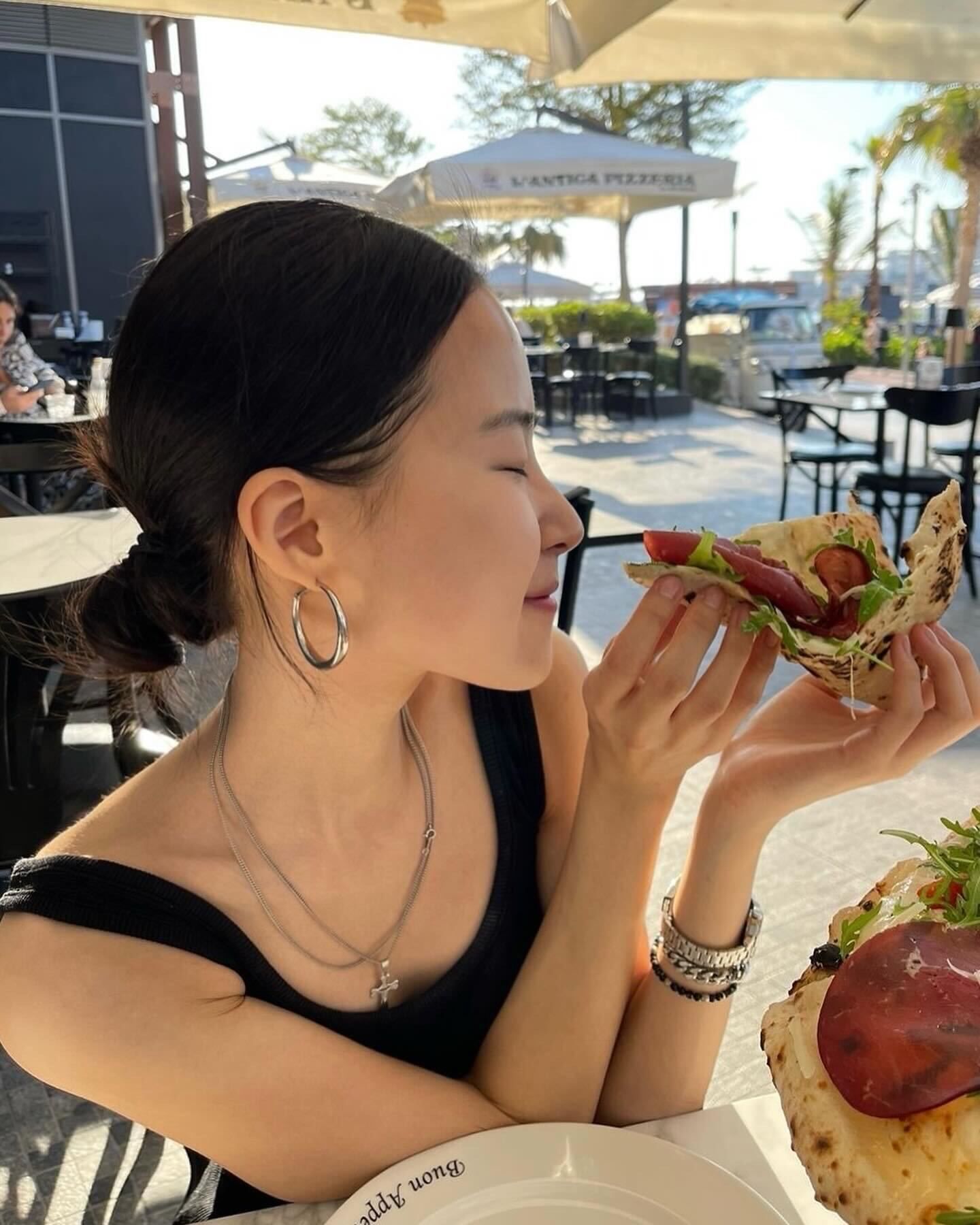
At that time, I didn’t even know the basics—how to get a transportation card, how to take the shuttle bus, or where to buy groceries at a cheaper price. He helped me with all of these things so that I could live on my own for the three months I would be here. And he did it all without expecting anything in return.
He had planned to stay for only two weeks, but before leaving, he shared with me everything he knew and gave me deep, thoughtful advice about the struggles I had been facing.
After he left, I made up my mind: during my three months here, I would try to completely break away from my old habits and negative ways of thinking.
I began waking up at dawn to meditate and started going to the gym every day. By cooking and sharing delicious, healthy meals, I learned how to simply enjoy the moment. Above all, I learned what it means to offer kindness without expecting anything in return.
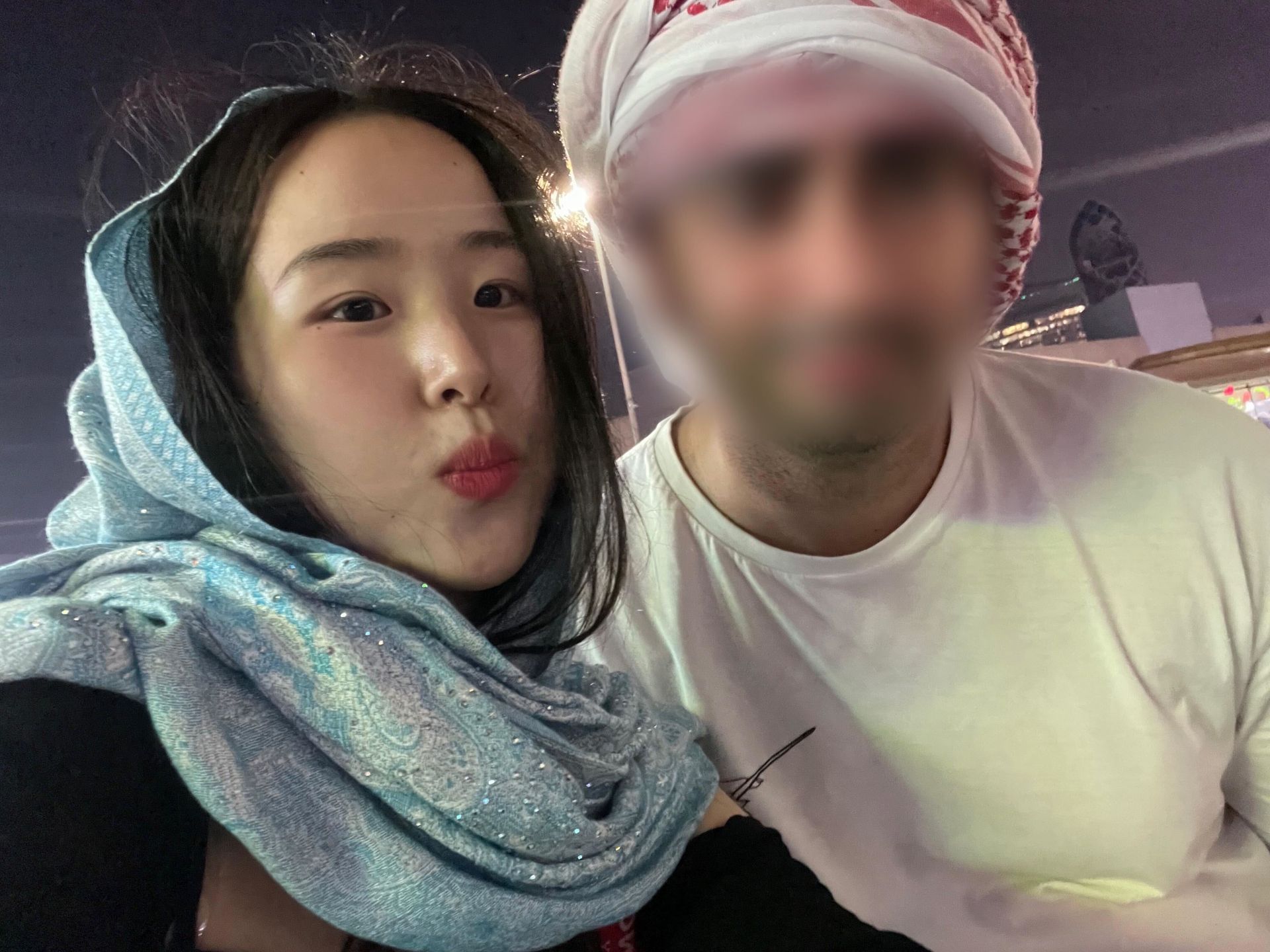
For the first time, I spent my birthday in a truly meaningful way here.
It was then that I realized just how dull and uneventful my life had been up until that point (laughs).
Birthdays and Christmas had always just felt like ordinary days to me.
I guess it was because, back then, I simply didn’t have the mental space or emotional capacity to celebrate such things.
Around midnight, I heard someone knocking on my door. When I opened it, my classmates were standing there with a cake and balloons, singing “Happy Birthday.” I can still remember that moment vividly.
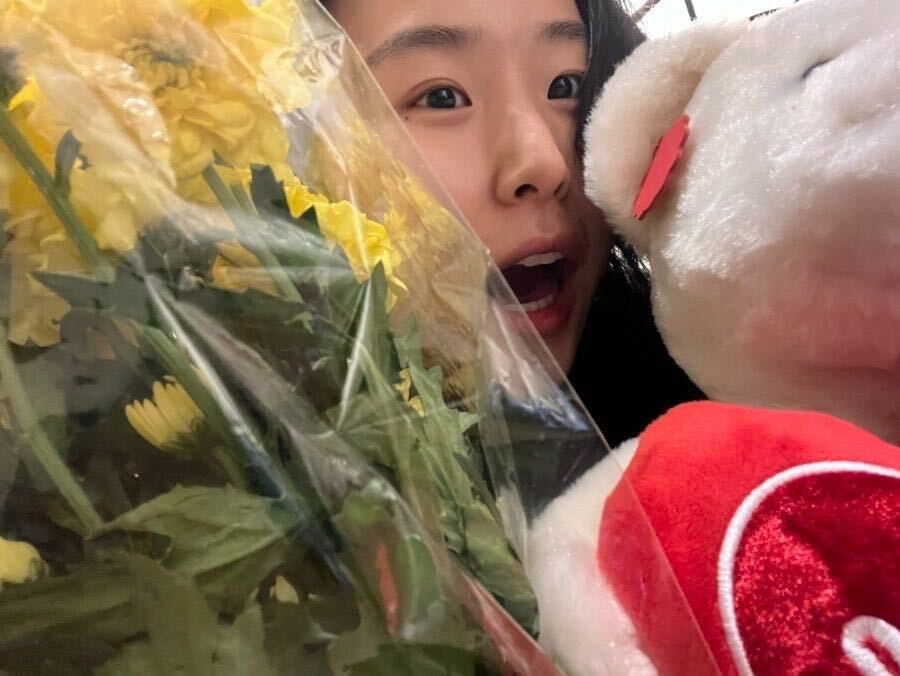
I think that was the turning point when I was able to shift my mindset—this time, in a positive direction. For reasons I can’t quite explain, I was surrounded by “positivity kings,” and because of them, I found myself smiling a lot more too.
Toward the end of my language program, I video-called my parents, and my mom told me she was quite surprised when she saw me. She even said that maybe my true personal color was the UAE all along.
At first, I wondered how I would ever get through three long months… but when the time came, I didn’t want to go back home. I was afraid that once I returned, everything would just be the same again (laughs).
Before returning to Korea, I spent a lot of time seriously thinking about how I wanted to live my life moving forward.
The conclusion I came to was simple: just go to Seoul and try doing what I want to do.
For someone like me—a hardcore planner—it was actually a huge challenge. I thought that maybe not making any plans at all could be the best way for someone as rigid as me to change.
So after unpacking my bags back in Korea, I went straight ahead and signed a one-year lease in Seoul.